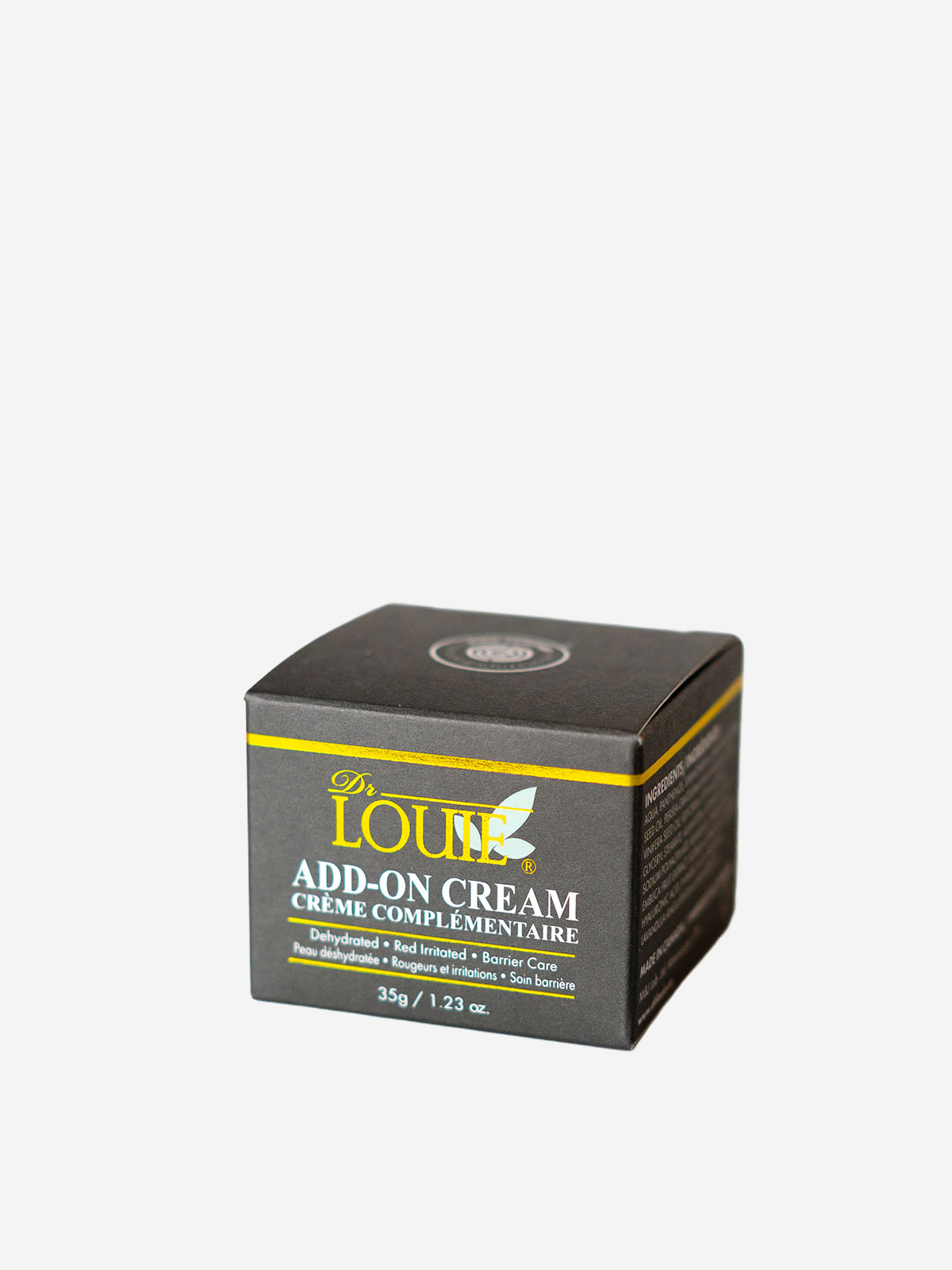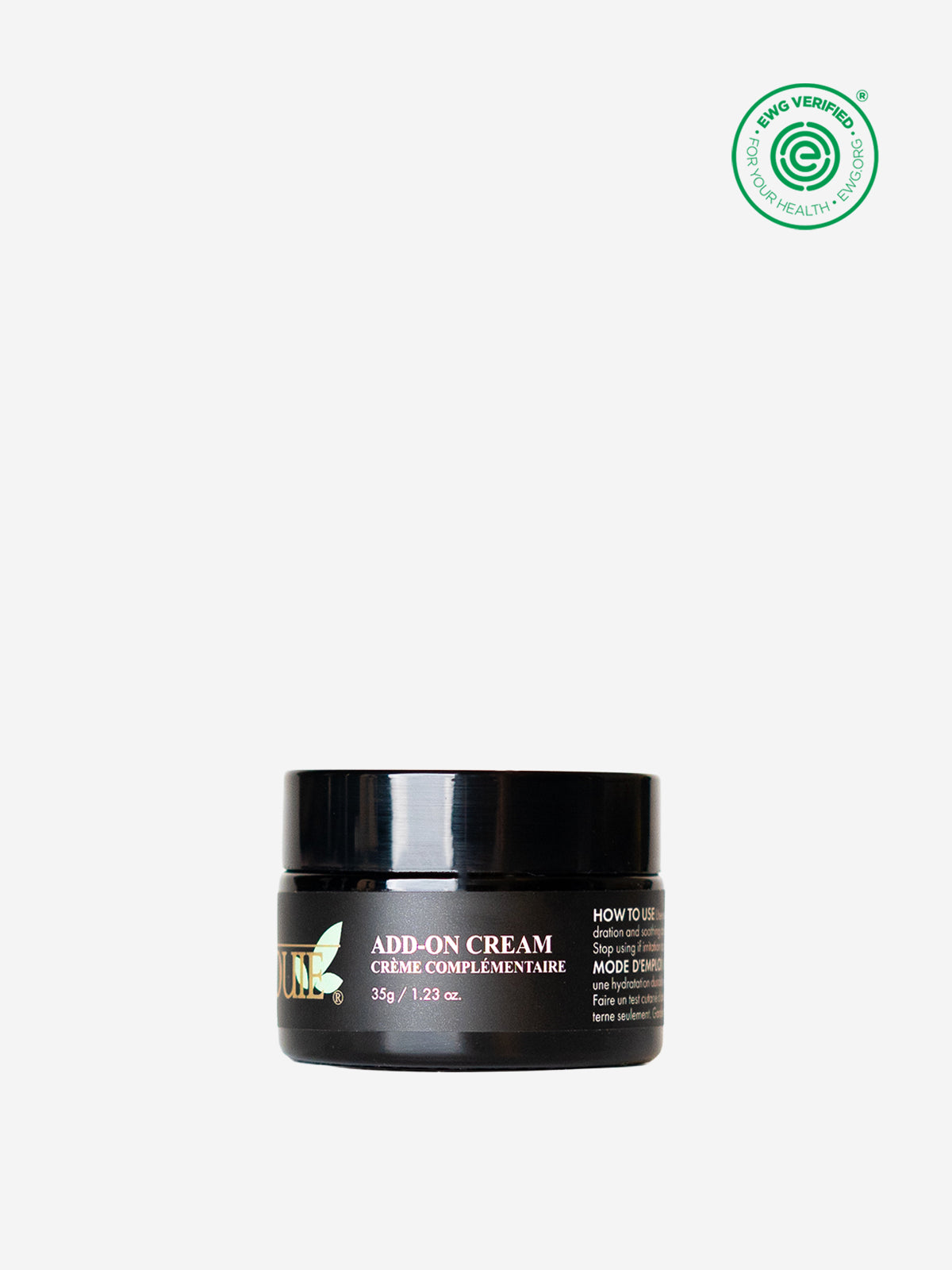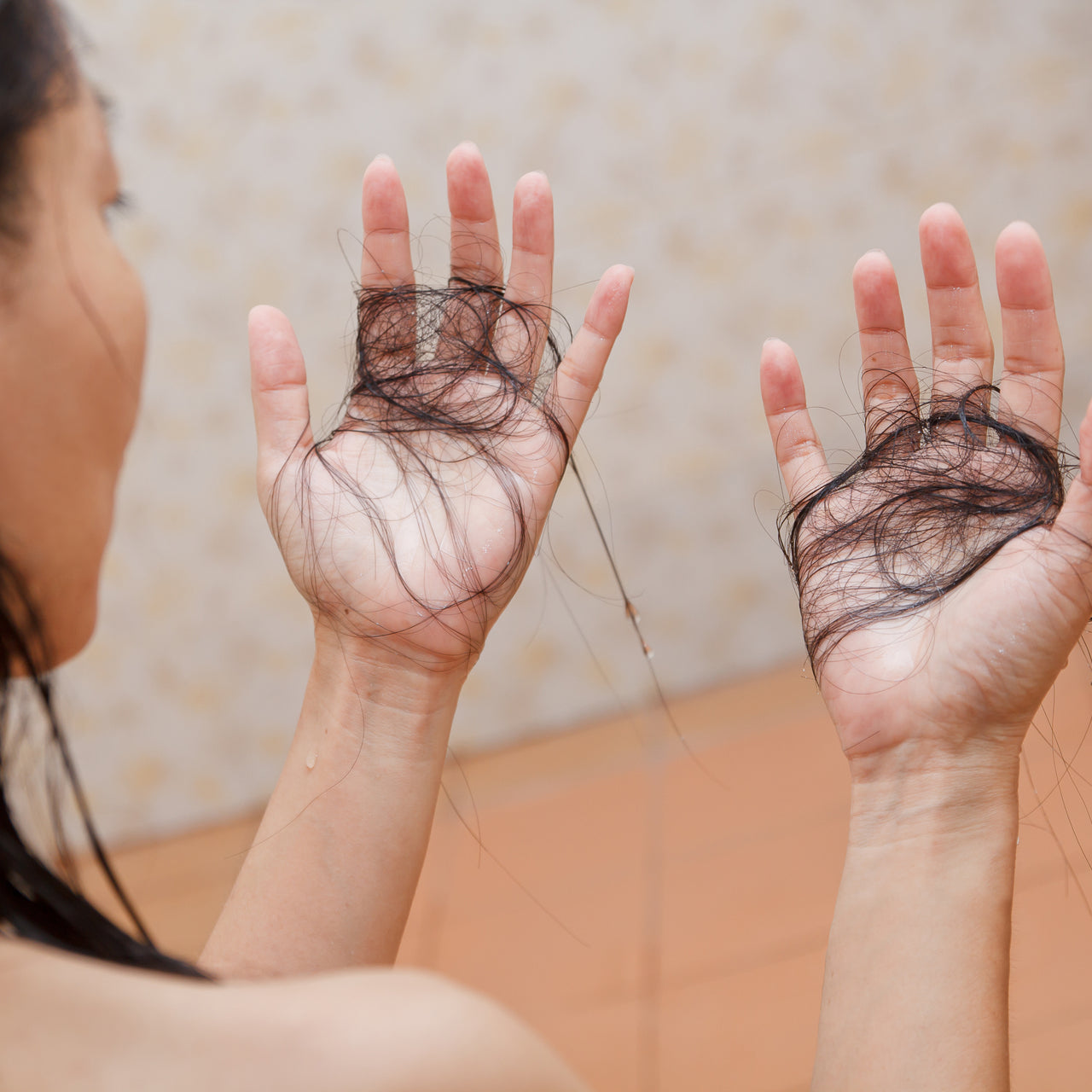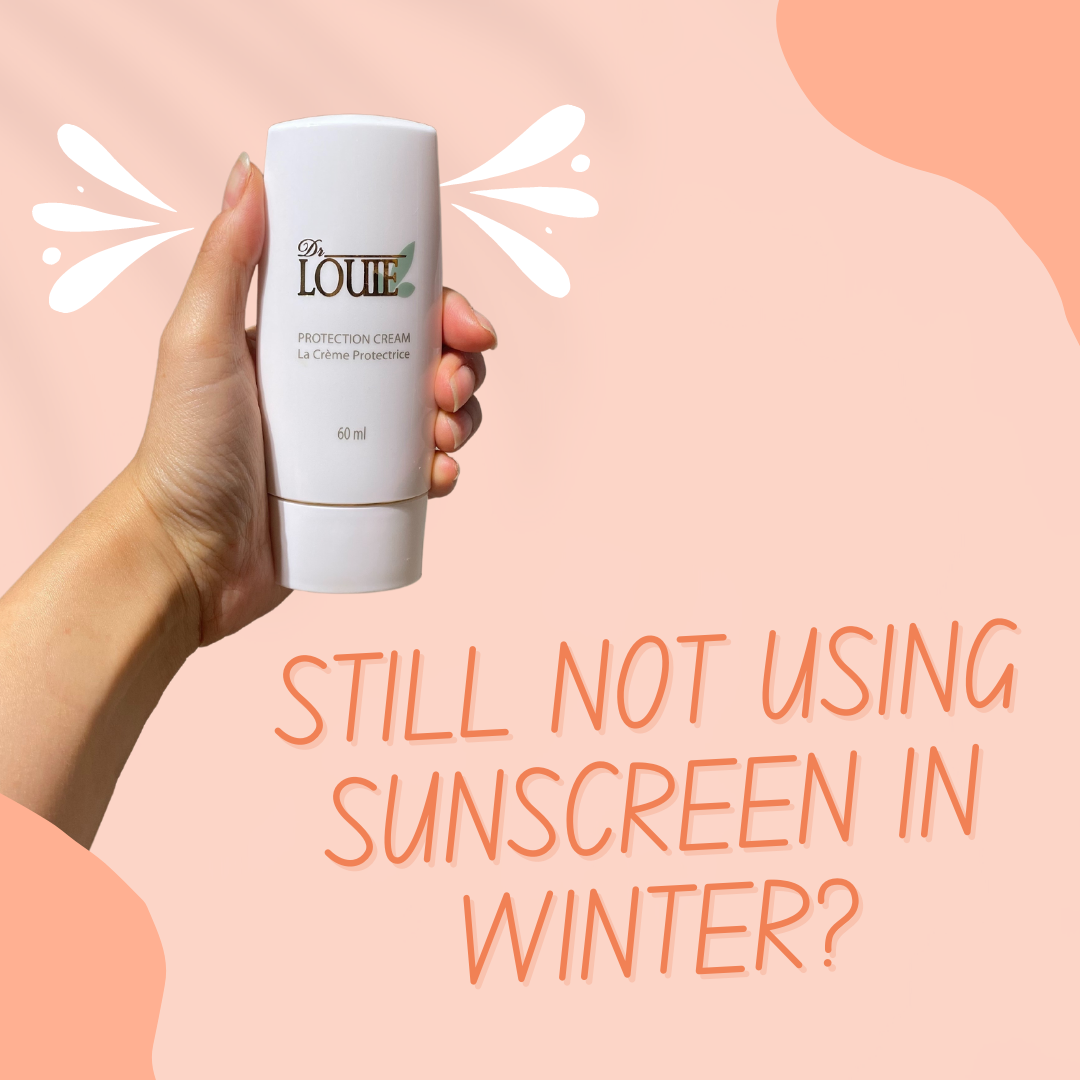![[Anti-aging Health Foods and Recipes] Seaweed](http://drlouie.ca/cdn/shop/articles/Seaweed_algae.jpg?v=1634696841&width=1280)
[Anti-aging Health Foods and Recipes] Seaweed
- Benefits
- Side effects
- Simple ways to increase your intake of seaweed
- Recipe using kombu
- Our product with fucodian-rich giant kelp
Seaweeds have been gaining popularity over the years as a health food for adults and children alike. But did you know that they are a rich source of vitamins and nutrients that are specifically good for antiaging? From helping lower blood pressure to strengthening skin, seaweeds are very good for anti-aging and should be a part of a healthy diet.
But what exactly are they?
Seaweed is a common name used for countless algae and marine plants. And there are many different types of edible seaweeds: gim/nori (laver), wakame, kombu, etc.
In today’s post, we’ll look at the vitamins and nutrients seaweeds are rich in, the side effects, the ways you can increase your intake of seaweed, and a simple snack recipe that you can try with seaweed, especially kombu.
Over thousands of years, seaweeds and algae have adapted and evolved in order to protect and sustain themselves in harsh and variable aquatic conditions. Because of these harsh environments, they have evolved to contain abundant nutrients and bioactive compounds. They are a rich source of Vitamins A, C, D, E, and B as well as many minerals, such as calcium, magnesium, potassium, copper, iron, and iodine, which are great and necessary for a healthy body.
In addition, they are rich in omega-3s, such as DHA and EPA, making them an important source of omega-3 not only for seniors, who tend to lack these in their diets, but also for those on vegetarian and vegan diets.
But what we want to focus on today is a polysaccharide called fucoidan, which is found mostly in brown algae, such as giant kelp, which is used in our Skin Firming Concentrate, kombu and wakame. Fucoidan is the sticky, slimy film found on brown algae and is part of a complex defense mechanism that protects algae from viruses and bacteria in the water and prevents damage from UV light.
There have been several analyses on their anti-aging potentials by studying the diets of those living on the island of Okinawa, an island known for its high concentration of centenarians.
What scientists have found is that fuciodans facilitate cell-to-cell signaling, the core regulatory process responsible for everything from immunity and cardiovascular function to healthy cellular proliferation, which gets compromised with age. And they have also found that fucoidans modulate growth factors required for healing and tissue regeneration while blocking those associated with aging. They do so by lowering inflammation while increasing the body’s capacity to destroy foreign invaders. And because they are able to reduce inflammation in the body, they also help relieve arthritis pain that worsens with age as well.
When applied to our skin, fucoidans can protect the skin against drying, harsh damage from the sun and wind, and their gelatinous property hydrates the skin. And since they are anti-inflammatory in nature, they help with acne-prone skin as well. (See below to find out about our product with Giant Kelp extracts, a fucoidan-rich brown macroalgae.)
As with all good things, edible seaweeds are not without their side effects.
The most common concern is the high consumption of iodine. Most seaweed contains a high level of iodine, and a person may consume too much if they eat a lot of seaweed over an extended period. Excess consumption of iodine does not cause a major issue in the average person. But to people with thyroid diseases, such as hypothyroidism and hyperthyroidism, too much iodine can affect their thyroid function.
How much would be adequate?
Generally, two large sheets of nori (the sushi-rolling type) would give you your DV of iodine.
Unless we eat sheets and sheets of noris, we wouldn’t be “overdosing” on iodine.
Then how can we incorporate more seaweed in our diet?
Simple ways to increase your intake of seaweed
- You can put a small 5x10cm piece of kombu when you make rice. This gives the rice a glow and make it more nutritional. And it won’t affect the taste of the rice.
2. When making fish stock, put a small 10cm x 10cm piece of kombu along with other fish. (But make sure to take it out when the water is boiling.)
3. Make a healthy seaweed snack with the recipe below!
Seaweed snack recipe using kombu
Fried kombu
Ingredients:
- Dried kombu cut into bite-size pieces
- Frying oil of your choice (olive oil or avocado oil)
- Monk fruit (or other granulated sweetener of choice)
Direction:
- Pour 1 cup of oil into a frying pan or whatever you use to fry.
- When the oil is hot enough, put in the pieces of kombu. You can check whether the oil is hot or not by dropping a piece of kombu and see if the colour of the kombu changes as soon as it hits the oil and the piece shrivels.
- Take them out as soon as they change colour. (Usually, they change colour and shrivel as soon as you put them in.)
- Sprinkle monk fruit and serve it immediately.
If you find this blog and recipe helpful, give me a shoutout at cassidyk@drlouie.ca.
Our product with fucoidan-rich Giant Kelp
A complementary product to our All-in-One Essence.
The main active ingredient in this product is Giant Kelp extracts, which are high in fucoidans, antioxidants, and iodine. The gelatinous property smoothes out the skin to reduce fine lines. And the high concentration of iodine makes the product an excellent hydrator. Being anti-inflammatory in nature, it helps tame acne-prone skin as well.
Click the picture above to find out more about this product.
* For those of you who are already using All-in-One Essence, this is an OPTIONAL product.
Sources:
- Haltiwanger RS, Lowe JB. Role of glycosylation in development. Annu Rev Biochem. 2004;73:491-537.
- Moon HJ, Lee SH, Ku MJ, et al. Fucoidan inhibits UVB-induced MMP-1 promoter expression and down regulation of type I procollagen synthesis in human skin fibroblasts. Eur J Dermatol. 2009 Mar-Apr;19(2):129-34
- O’Leary R, Rerek M, Wood EJ. Fucoidan modulates the effect of transforming growth factor (TGF)-beta1 on fibroblast proliferation and wound repopulation in in vitro models of dermal wound repair. Biol Pharm Bull. 2004 Feb;27(2):266-70.





